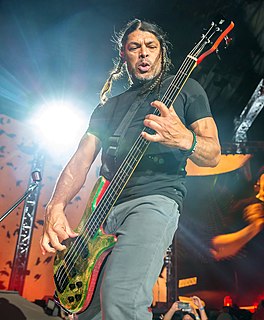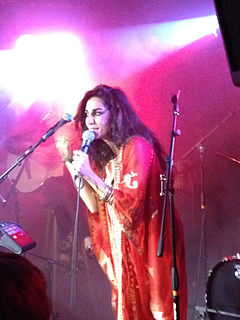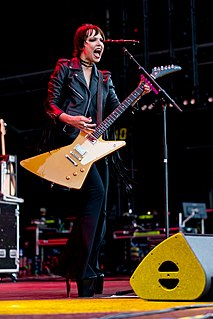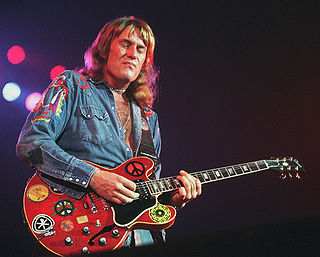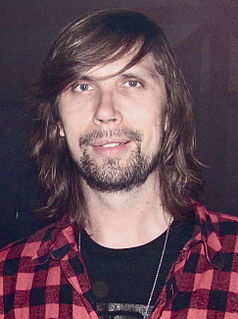A Quote by Lee Ranaldo
Signing to a major label was an experiment for us. It was a challenge: working in a big studio with a producer was a challenge in a lot of ways. It all shaped what the band went on to become through the '90s. After we made 'Goo,' we went out and toured with Neil Young in ice hockey arenas for three months, and that was the same kind of thing.
Related Quotes
The biggest challenge for me, as an actor, is to be informed, prepared and focused, at the same time. I had to just keep on working, prepping, reading and imagining, all the way through, but the biggest challenge is always to let go of all that and just be open to others. That's what we do, as actor. We play with each other and we stimulate each other, and we have to be prepared to be stimulated by the other. That's always my big challenge.
The challenges change depending on the song. There are some songs where the lyrics are really a challenge and then there are other songs where the lyrics are there and the music is a challenge. And then you've got rock songs where the challenge is the tightness of the arrangement with the band. The music and the lyrics are there, but it's a challenge to get the arrangement correct. So I wouldn't be able to point to one thing. What the challenge is changes all of the time.
It was three breakups going on at the same time. It was breaking up with my band, and my boyfriend, and right after that, my record label. I was arguing a lot with my record label during that whole time, so maybe they all affected each other. This record, Mondo Amore, came out of a time that was really heartbreaking and confusing, and that's why I switched the sound up a lot, to make it sound a little bit grittier and more raw.
The people at the label were great but at the end of the day our visions didn't match up and I knew I had to do it my way. The potential success that could come with signing with a major label didn't quite outweigh how important it was for me to make my music the way I knew it needed to be made. It was a hard decision to make, but I've never regretted it for a second and it's only become more clear to me after making and releasing Stairwells that it was the right one.


